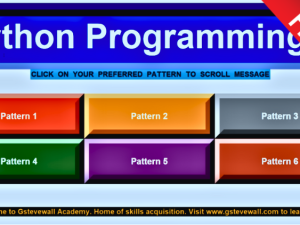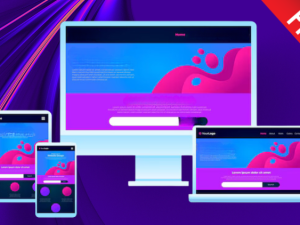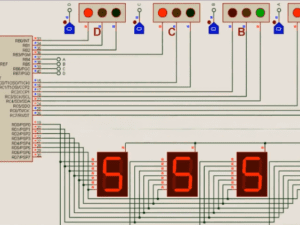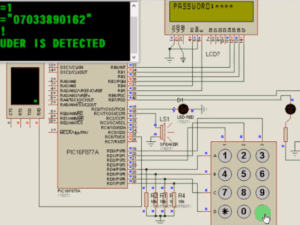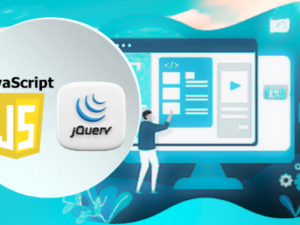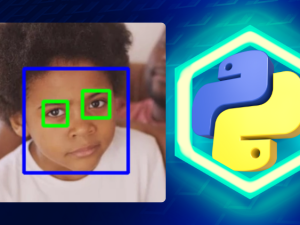Master Electronic Circuit Designs and Simulations with Proteus IDE
- Description
- Curriculum
Unlock the power of embedded system hardware development with our comprehensive course, “Master Electronic Circuit Designs and Simulations with Proteus IDE.” This course is designed for beginners who are eager to learn the fundamentals of electronic circuit design and simulation using the Proteus IDE. Whether you are an aspiring engineer, a hobbyist, or a student, this course will provide you with the essential skills to create and simulate electronic circuits from scratch.
What You’ll Learn:
- Exploring and Understanding Proteus Environment: Get acquainted with the Proteus IDE and its features.
- How To Pick Components From Proteus IDE: Learn how to select and place components for your circuits.
- Your First Circuit Design In Proteus IDE: Design your first electronic circuit with guided instructions.
- LED Control With Button In Proteus: Create and simulate a basic LED control circuit using a button.
- How To Save Your Project In Proteus IDE: Understand how to save and manage your projects effectively.
- Configuring NPN And PNP Transistors: Learn the configuration and application of NPN and PNP transistors.
- Configuring A Relay With NPN Transistor: Set up and simulate a relay circuit using an NPN transistor.
- Configuring A Relay With PNP Transistor: Set up and simulate a relay circuit using a PNP transistor.
- How To Simulate a Buzzer on Proteus: Simulate a buzzer and learn its integration into circuits.
- How To Simulate DC Motor on Proteus: Learn to simulate and control a DC motor within your designs.
- Wireless Circuit Connection in Proteus: Explore wireless circuit connections and their simulations.
Why Take This Course?
- Hands-On Learning: Gain practical experience by designing and simulating real-world circuits.
- Comprehensive Curriculum: Cover all fundamental aspects of circuit design and simulation with detailed instructions.
- Beginner-Friendly: No prior experience required; this course is tailored for absolute beginners.
- Interactive Simulations: Understand circuit behavior through interactive simulations and visualizations.
- Career Advancement: Equip yourself with essential skills for a career in electronics and embedded systems.
- Lifetime Access: Enjoy lifetime access to course materials and updates.
Intended Audience:
- Aspiring Engineers: Beginners looking to start a career in electronics and embedded systems.
- Students: Engineering and technology students seeking hands-on experience in circuit design.
- Hobbyists: Electronics enthusiasts eager to enhance their skills in circuit simulation.
- Educators: Teachers and instructors who want to incorporate practical simulation exercises into their curriculum.
Course Requirements:
- Basic Computer Skills: Familiarity with using a computer and installing software.
- Proteus IDE: Installation of Proteus IDE (instructions provided in the course).
- No Prior Knowledge: No previous experience in electronics or circuit design required.
Join us in “Master Electronic Circuit Designs and Simulations with Proteus IDE” and take the first step towards mastering the art of electronic circuit design and simulation. Enroll today and start your journey into the fascinating world of embedded systems!
-
1Exploring and Understanding Proteus Environment8:21 mins
-
2How To Pick Components From Proteus IDE5:30 mins
-
3Your First Circuit Design In Proteus IDE5:09 mins
-
4Led Control With Button In Proteus4:10 mins
-
5How To Save Your Project In Proteus IDE3:19 mins
-
6Configuring NPN And PNP Transistors10:50 mins
-
7Configuring A Relay With NPN Transistor10:42 mins
-
8Configuring A Relay With PNP Transistor8:10 mins
-
9How To Simulate a Buzzer on Proteus5:55 mins
-
10How To Simulate DC Motor on Proteus3:45 mins
-
11Wireless Circuit Connection in Proteus6:07 mins
Basic Computer Skills: Familiarity with using a computer and installing software.
Proteus IDE: Have Proteus IDE installed on your computer.
No Prior Circuit Design Knowledge: No previous experience in electronics or circuit design required.
Aspiring Engineers: Beginners looking to start a career in electronics and embedded systems.
Students: Engineering and technology students seeking hands-on experience in circuit design.
Hobbyists: Electronics enthusiasts eager to enhance their skills in circuit simulation.
Educators: Teachers and instructors who want to incorporate practical simulation exercises into their curriculum.
Popular Courses
Archive
Working hours
| Monday | 9:30 am - 6.00 pm |
| Tuesday | 9:30 am - 6.00 pm |
| Wednesday | 9:30 am - 6.00 pm |
| Thursday | 9:30 am - 6.00 pm |
| Friday | 9:30 am - 5.00 pm |
| Saturday | Closed |
| Sunday | Closed |


